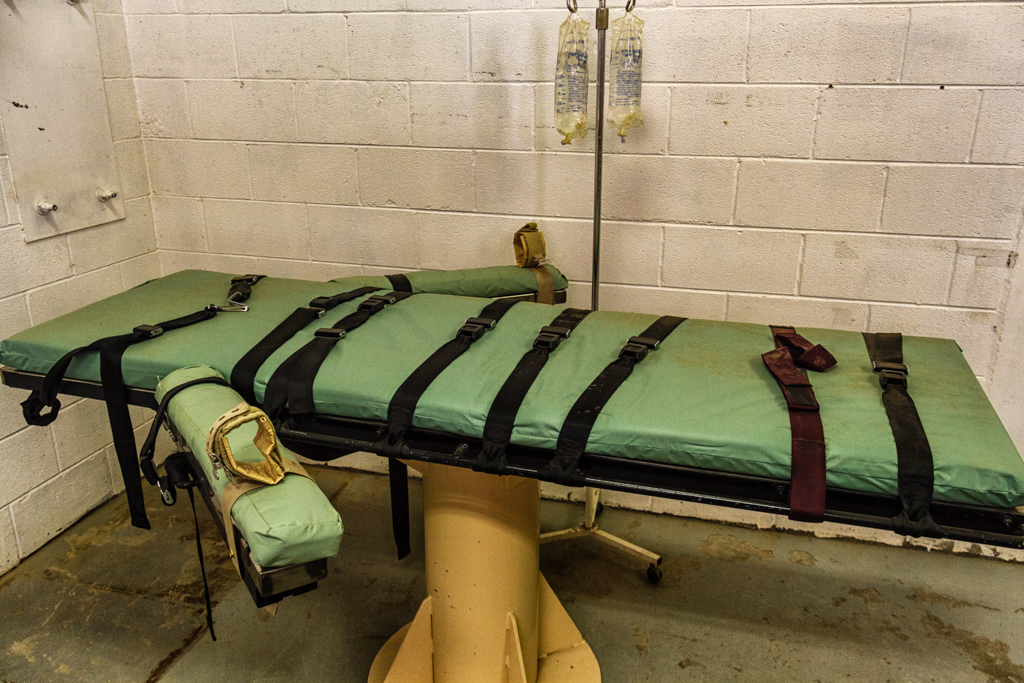Nebraska resorts to fentanyl in execution, despite appeal from pharma

Nebraska is to become the first US state to use the opioid fentanyl in an execution – after an appeals court threw out a legal challenge from the German drug maker Fresenius Kabi.
The court gave the go ahead yesterday for Nebraska to execute Carey Dean Moore on the grounds that it is the “will of the people”, The Guardian reported.
This is Nebraska’s first execution in 21 years after 61% of the voters in the state voted to reinstate the death penalty two years ago, after the state government abolished it.
Moore has been on death row for four decades for the 1979 murders of two cab drivers in Omaha.
Fentanyl was implicated in more than 20,000 overdose deaths in 2016 alone – but Nebraska has opted to include it in the lethal injection cocktail for its first execution in 21 years after struggling to buy pharmaceuticals for use in the procedure.
Many pharma companies have set up special distribution arrangements for certain drugs to prevent their use in lethal injections.
Moore said he wishes to die and is among the longest serving prisoners on death row in the US.
He will be given the sedative Valium alongside fentanyl, a combination that is often found in drug overdose deaths – both drugs suppress breathing.
Fresenius accuses Nebraska of obtaining the other two drugs in the cocktail illegally – a muscle relaxant and potassium chloride to stop Moore’s heart.
The company takes no position on the death penalty but said contracts with distributors bar sales for use in capital punishment.
There is a risk of grave harm to its reputation, the company said, because the state has not properly stored the drugs, which could lead to a botched and painful execution.
The human rights charity Reprieve has been campaigning against the death penalty, and has criticised the lethal injection as a form of torture.
Lethal injections usually consist of three components – an anaesthetic to send the subject to sleep, before a paralytic agent (such as pancuronium bromide) is administered to prevent thrashing during the final dose of potassium chloride to stop the heart.
But the charity has raised concerns that the injection could be seen as a form of torture, as subjects can experience extreme levels of pain should the first injection not work properly.
The US Supreme Court Justice Sonia Sotomayor has described the lethal injection as “the chemical equivalent of burning at the stake”.
Photograph: Ken Piorkowski











